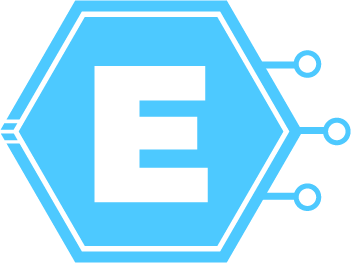
Blog #19

DIGITAL EDUCATION ACTION PLAN 2021-2027 PROPOSED BY EUROPEAN COMMISSION
Authors: Marta Sturzeanu, Radu Plamanescu
Romanian Energy Center
Context
European Commission (EC) published at the end of 2020 the Digital Education Action Plan (DEAP) for the next seven years, 2021-2027, calling for a stronger cooperation between European Member States. Based on the first framework for digital education – the 2018-2020 Action Plan, but also considering the COVID-19 crisis and the European Green Deal (EGD) objectives, the new vision presents the means in which technology is a tool for sustainable and collaborative learning and teaching. EDucation for Digitalization of Energy (EDDIE), a project funded by Erasmus+ Programme, with an important role in education of the energy sector, is continuously looking at the European directives.
As it can be seen in the figure on the right side, the digital skills levels are increasingly slightly over time. However, major disparities still exist between Member States: the share of people with basic or above basic digital skills ranges from 29% in Bulgaria and 31% in Romania (despite noticeable progress in both countries) to 80% in the Netherlands and 76% in Finland.

- To launch a Strategic dialogue with Member States (MS) to facilitate successful digital education.
- To make recommendations for online and distance learning in primary and secondary education.
- To develop a European Digital Education Content Framework and check feasibility of a European exchange platform to share certified online resources and link existing platforms.
- To launch a connectivity4Schools initiative and encourage MSs uptake of EU support for broadband, internet access and digital tools like SELFIE for Teachers.
- To develop ethical guidelines on Artificial Intelligence (AI) and data usage in teaching and learning and support-related research & innovation activities through Horizon Europe.
- To develop common guidelines to foster digital literacy and fight disinformation.
- To include AI and digital skills in the European Digital Competence Framework; support the development of AI learning resources for education and training providers.
- To develop a European Digital Skills Certificate recognised by governments, employers, and other stakeholders across Europe.
- To make recommendations on improving digital skills provision and introduce an EU target for student digital competence.
- To promote advanced digital skills development; scale up Digital Opportunity traineeships and encourage female participation in STEM.
In Europe and beyond, mismatches exist between skills available and those needed for the digital transformation of the economy. As the figure on the left side presents, in 2019, over half of both large and small and medium enterprises in all MSs (58%) who recruited or tried to recruit ICT specialists reported difficulties in filling these vacancies.



